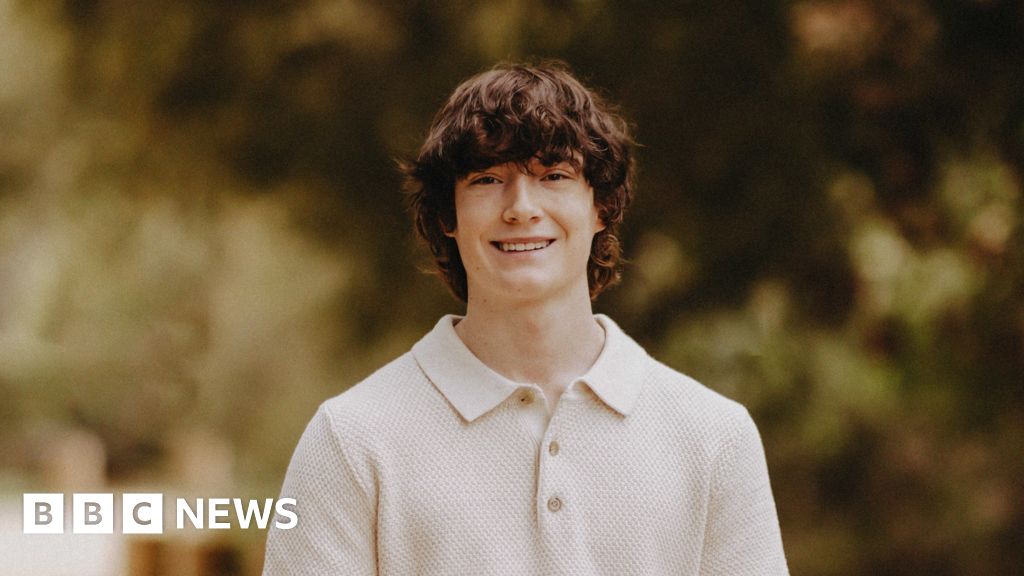At the heart of Noelia's plea is her desire to end her life with dignity, a sentiment she expressed in court, invoking feelings of being coerced by religious factions within her care environment. “I want to finish with dignity once and for all,” she stated, highlighting the psychological toll of her current situation. The Catalan government has defended her decision, emphasizing that it is backed by numerous medical assessments, while her father claims she suffers from a personality disorder that clouds her judgment and argues for the state's responsibility to protect vulnerable individuals.
As the court hears this unprecedented case, experts, including members of the euthanasia evaluation board and mental health specialists, will testify on both sides. The public prosecutor has called for a careful examination of the evidence and opinions before the judge makes a ruling. With Spain's euthanasia law allowing for voluntary assisted dying since 2021, this case marks a significant moment in the ongoing discourse around end-of-life decisions, as prior cases had not reached the courtroom in the same way.
This evolving legal landscape reflects shifting attitudes toward euthanasia globally, where debates about the ethics and implications of assisted dying continue to stir strong sentiments and challenge long-standing societal norms. As Noelia's case unfolds, it shines a spotlight on the delicate balance between individual choice and familial protection, and the broader implications of euthanasia laws in Spain and beyond.
As the court hears this unprecedented case, experts, including members of the euthanasia evaluation board and mental health specialists, will testify on both sides. The public prosecutor has called for a careful examination of the evidence and opinions before the judge makes a ruling. With Spain's euthanasia law allowing for voluntary assisted dying since 2021, this case marks a significant moment in the ongoing discourse around end-of-life decisions, as prior cases had not reached the courtroom in the same way.
This evolving legal landscape reflects shifting attitudes toward euthanasia globally, where debates about the ethics and implications of assisted dying continue to stir strong sentiments and challenge long-standing societal norms. As Noelia's case unfolds, it shines a spotlight on the delicate balance between individual choice and familial protection, and the broader implications of euthanasia laws in Spain and beyond.



















